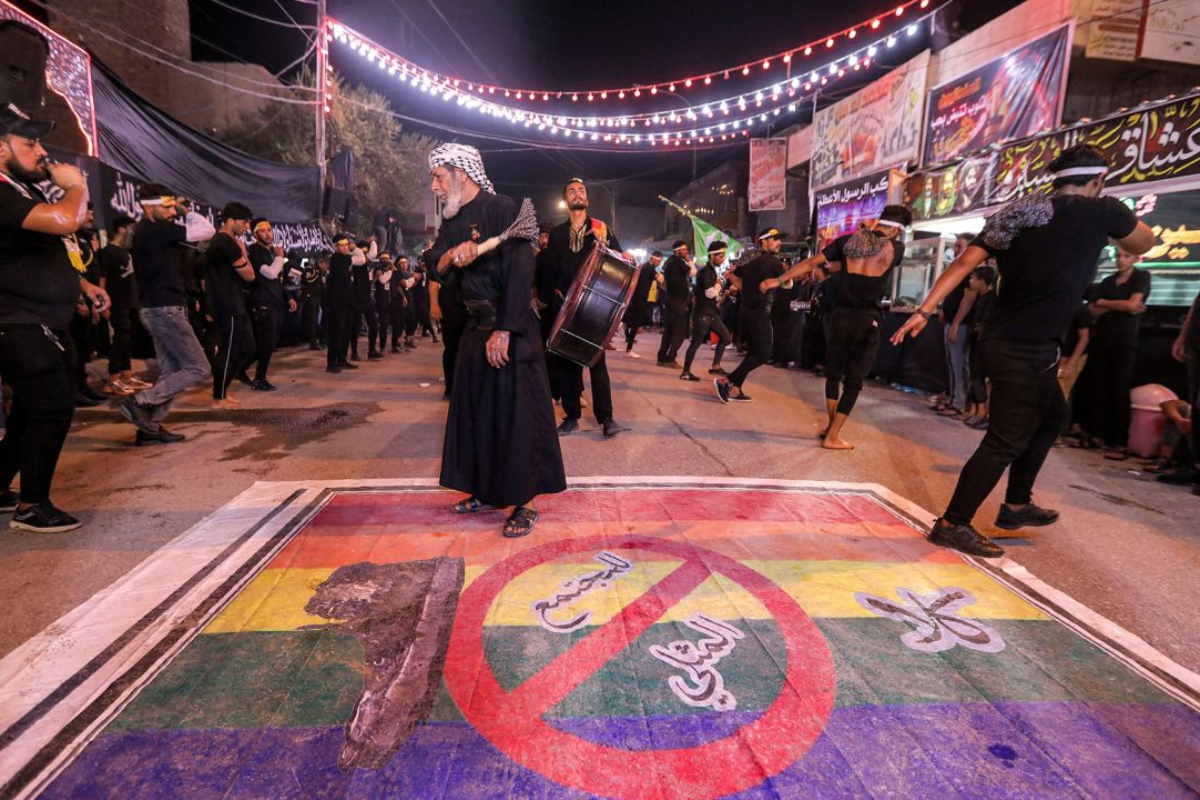- TikTok influencer “Noor BM” killed by gunfire in Baghdad.
- Noor Alsaffar, 23, had over 370,000 Instagram and TikTok followers.
- She shared fashion, hairstyling, and makeup tutorials on social media.
On Monday in Baghdad, a well-known TikTok influencer from Iraq was tragically killed by gunfire, as reported by an Iraqi security source.
The social media personality, who went by the name “Noor BM” and was just 23 years old, had amassed a substantial following of over 370,000 followers on Instagram and TikTok combined.
Noor Alsaffar primarily shared brief video content showcasing fashion, hairstyling, and makeup tutorials, and often featured dancing to music.
Following the devastating news of her shooting, a wave of comments expressing sorrow over Alsaffar’s untimely demise flooded in.
Regrettably, some individuals expressed joy at the incident, celebrating the person responsible for the fatal shot.
The Iraqi security source told CNN that “an investigation has been opened,” speaking on condition of anonymity as they were not authorized to speak to the media. “The deceased has been taken to the forensic department.”
On Tuesday, Khaled Almehna, the spokesperson for the Iraqi police, characterized the incident as a “criminal occurrence” and mentioned that he intends to share “significant developments” at a later point.
This tragic event takes place amidst Iraq’s intensified efforts to suppress LGBTQ expression and introduce legal measures to criminalize it.
While being LGBTQ is not explicitly prohibited by existing Iraqi laws, LGBTQ individuals are frequently subjected to discrimination and harassment, often under the ambiguity of morality clauses within the penal code.
Before the shooting incident, Noor Alsaffar had been a target of online abuse and had faced inquiries concerning her sexuality and gender identity.
In her videos, Alsaffar discussed the challenges of dealing with threats and harassment on social media related to her fashion choices.
In a 2021 YouTube interview with Iraqi blogger Samir Jermani, Alsaffar said: “I’m cautious but not afraid” in response to a question about the TikToker’s appearance.
In her videos, Alsaffar openly discussed the difficulties she faced in coping with threats and harassment on social media, all stemming from her fashion choices.
Meanwhile, there’s a newly proposed legislation in the Iraqi parliament that explicitly seeks to criminalize gay relationships, transgender identities, and other LGBTQ-related behaviors.
If this law is enacted, it would impose severe penalties, including the death penalty or life imprisonment for same-sex relationships, a minimum seven-year sentence for “promoting homosexuality,” and up to three years in prison for “imitating women.”
Over recent months, there has been a noticeable escalation in violence and discrimination against LGBTQ individuals in Iraq, as reported by human rights organizations.
There have been protests, primarily led by supporters of Shiite Muslim factions, during which the rainbow flag was burned in response to Quran burnings in Sweden and Denmark.
Human Rights Watch (HRW) has documented a pattern of violence against LGBTQ people in Iraq, often met with impunity.
Moreover, Iraq’s media regulatory body took action in August by banning the term “homosexuality” on all traditional and social media platforms, insisting that the term “sexual deviance” be used instead.
Across the Middle East, rights groups have strongly condemned the increasing crackdown on LGBTQ communities, including instances of digital targeting based on online activities.
This online targeting frequently leads to severe punitive actions, such as arbitrary detention and torture, as outlined by HRW in February after examining LGBTQ rights violations in Egypt, Iraq, Jordan, Lebanon, and Tunisia.





















